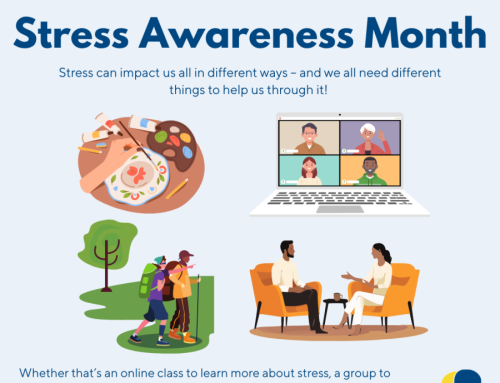The following case study, written by Morteza H, outlines the collaborative nature of the work taking place at Touchstone IAPT. Working with other organisations, and with the client, to provide a package of care tailored to their individual circumstances. Client name has been changed for confidentiality.
X is a refugee originally from Pakistan. X had been subjected to physical violence from her previous partner for a long time, which eventually led her to flee the country to protect herself and her children. Although she had fled her country of origin, for over a year she suffered from anxiety. After her arrival she struggled to cope emotionally with the aftermaths of her escape, her symptoms worsened and led her to acute depression. This culminated in X attempting to take her own life via an overdose.
Consequently she visited her local GP. Her GP prescribed medication to help manage her symptoms of anxiety and depression. Despite taking her medication X’s mental health was not making any improvement. She continued to be severely anxious. She was also severely depressed and was struggling to cope with day to day activities.
Later, she started to visit a local charity called PAFRAS, which supports refugees and asylum seekers. She received support about her asylum case and other needs such as help with food and housing. Engaging with PAFRAS also opened up the opportunity for X to socialise with people in similar situation to her. Whilst visiting PAFRAS X learnt that she could see the Mental Health Worker who also helped people with mental health problems. After having an initial consultation she was asked to come back the following week for another session. She continued to visit the mental health worker for a few consecutive sessions. After that she was referred to Touchstone IAPT to see a Psychological Wellbeing Practitioner in order to receive treatment for her anxiety and depression.
As English was not X’s first language, Touchstone IAPT arranged an interpreter for her in order to help her feel fully understood at our assessment. Following that she started to receive treatment around her anxiety symptoms. She learnt about anxiety through psycho-education and started to develop different techniques to control her thoughts and body symptoms which helped to reduce her anxiety levels. This was very beneficial since at the time she was going through her asylum case and was understandably very anxious about the prospect of attending court.
X started to improve quickly as a result of the treatment and her anxiety symptoms reduced significantly within weeks. She then started to receive treatment for her symptoms of depression. This included techniques around managing her behaviour, thoughts, and feelings, through practice and guidance from the Psychological Wellbeing Practitioner.
After six weeks of treatment through Touchstone IAPT, X was already showing significant signs of improvement with not only her levels of anxiety but low mood. X stated great joy that her interaction with her children was positively improved. X started to look at the challenges ahead of her, especially about her asylum case, using the problem-focused and emotion focused coping skills she had developed during our time together. Following this achievement X was discharged from the service. Through hard work and dedication, X made excellent gains and left our service equipped with a tool box of tools, techniques and strategies to maintain her mental health wellbeing.





